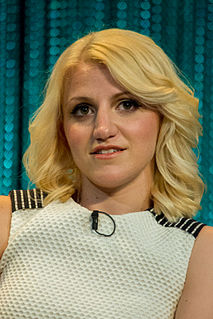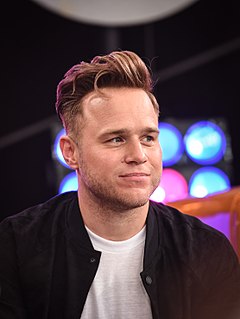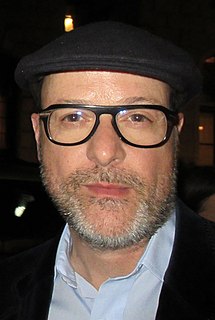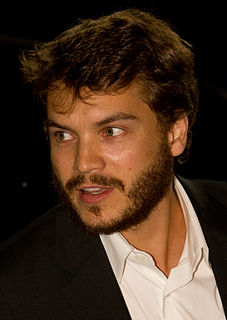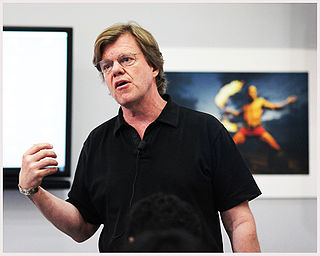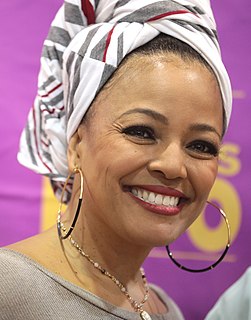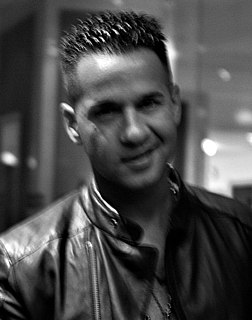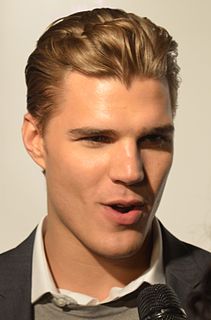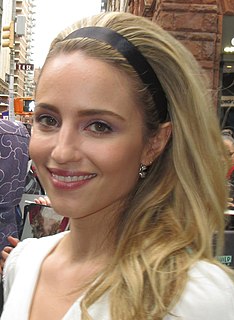A Quote by Akhil Akkineni
When you come from a star family in the South, you're expected to be really good in dance and fights. It's really important that you open up as an actor in front of the camera.
Related Quotes
We actually found some home videos, some really funny footage of me when I was around 3 years old. I come up to the camera to do a Nixon impression. I don't know who taught me that, but I come up to the camera and said, 'I am not a crook.' I got a really good laugh. You see me register that bringing joy to people is a positive thing.
That's really good for an actor - to like the people behind the scenes - because then you treat the camera differently. If you really like someone who's shooting you, you're more open. You're not defensive, you're more relaxed, and I think that translates into a more interesting, natural performance.
The difference between a regular camera and a 3D camera, for an actor, is really no different except that the turn-arounds are longer. It takes a lot longer to set up a shot because the cinematographer is really trying to set up a whole world, so it can't be more intricate and more beautiful to the viewers, in 3D.
If I'm traveling, I'll take a film camera and a digital camera because sometimes there are moments where, if you've lost it, or if coming back and it accidentally goes through the X-ray machine and it gets overexposed, you might have had a really important moment to you and you would be really upset that you didn't have a back-up.


